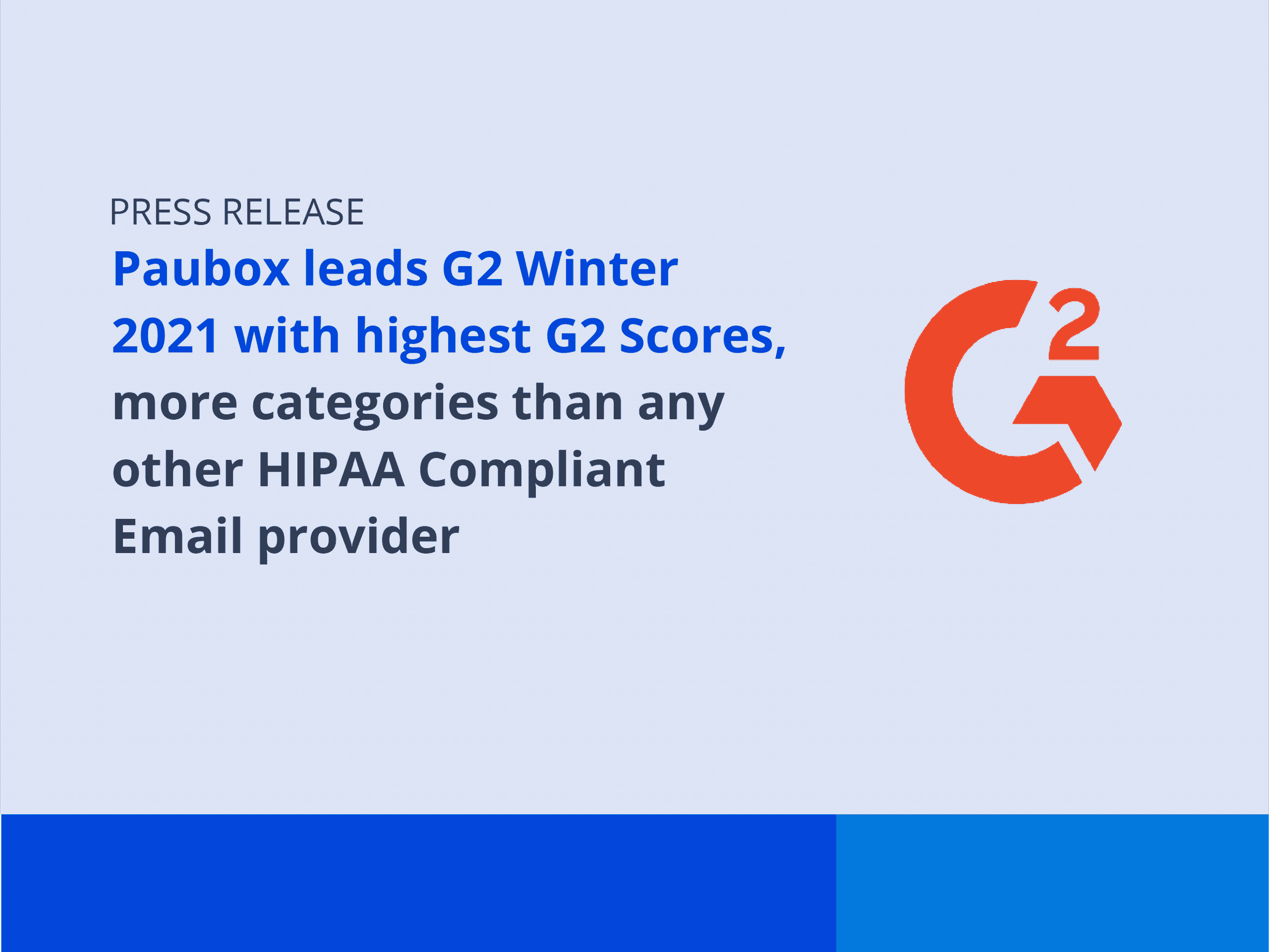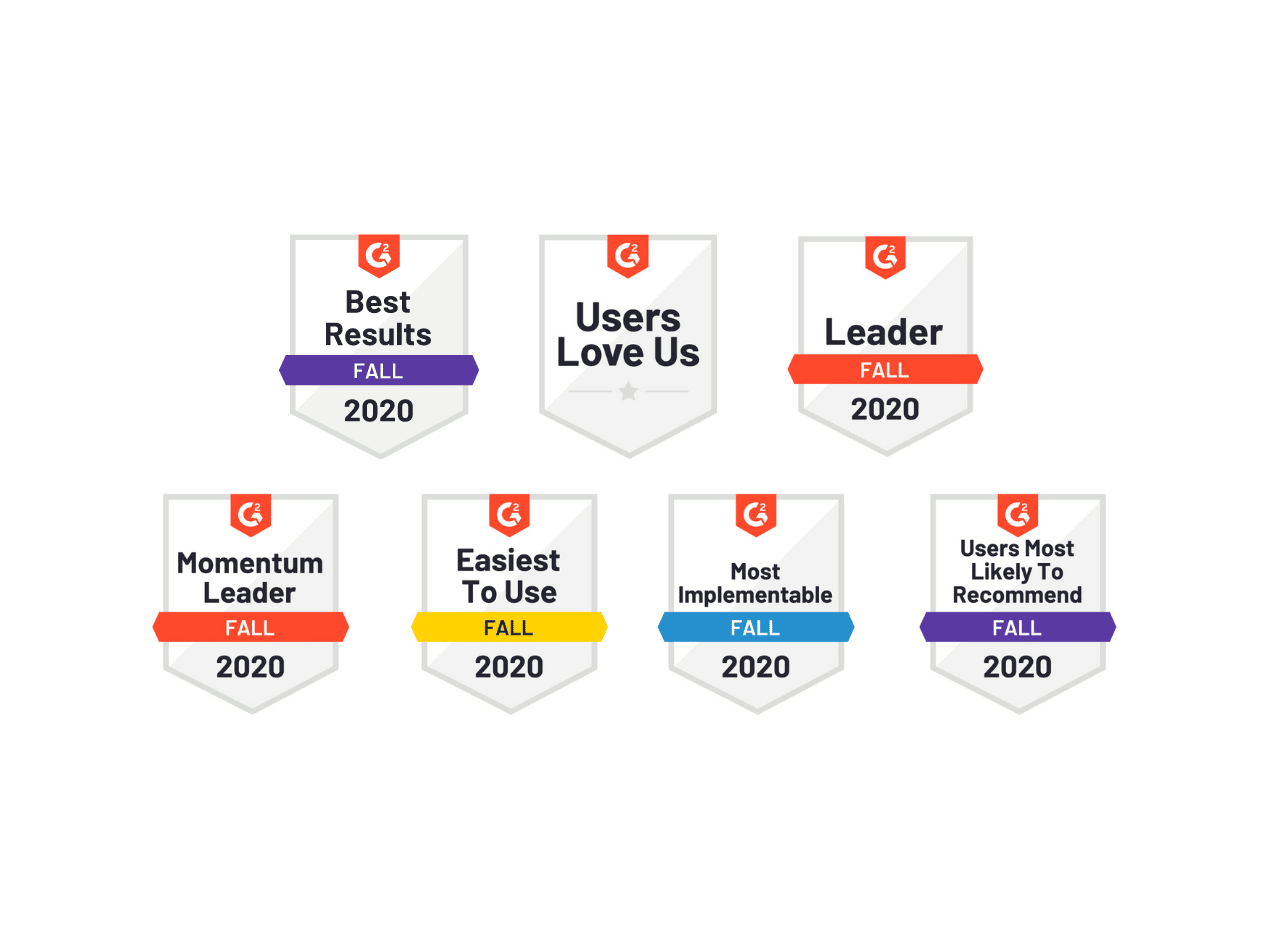3 min read
How email filtering and categorizing benefits organizations
Kirsten Peremore
August 16, 2024

Email filtering and categorization refer to the processes used to automatically sort incoming email messages into distinct folders or categories based on their content, source, and other criteria. Email filtering primarily focuses on separating unwanted or potentially harmful emails, such as spam, phishing attempts, or malware-infected messages, from legitimate correspondence. This ensures that users receive only safe and relevant emails in their primary inbox, enhancing security and efficiency.
Categorization goes a step further by organizing emails into predefined categories such as work, personal, social media notifications, and promotions. This organization aids users in prioritizing their email handling and improves overall productivity. Both technologies employ a combination of algorithms, rules-based systems, and increasingly, machine learning models, to analyze the content and metadata of emails.
Understanding email filterings and categorizations
Email filtering and categorization refer to the processes used to automatically sort incoming email messages into distinct folders or categories based on their content, source, and other criteria. According to ‘Email Categorization Using Multi-Stage Classification Technique’, “Email categorization is able to control the problem in a variety of ways. Detection and protection of spam emails from the e-mail delivery system allows end users to regain a useful means of communication.” Email filtering primarily focuses on separating unwanted or potentially harmful emails from legitimate correspondence, such as spam, phishing attempts, or malware-infected messages.
Categorization goes a step further by organizing emails into predefined categories such as work, personal, social media notifications, and promotions. Organizing emails in this way helps users prioritize their email handling and improves overall productivity. Both technologies use a combination of algorithms, rules-based systems, and increasingly, machine learning models to analyze the content and metadata of emails.
See also: Top HIPAA compliant email services
The benefits of using the combination of email filtering and categorization
Enhanced security
Email filtering identifies and isolates spam emails, including those that pose security risks such as phishing attacks, which account for nearly 96% of phishing incidents. Through automatically detecting and quarantining these emails, filtering reduces the likelihood of security breaches and the potential financial losses associated with Business Email Compromise (BEC) attacks, which the FBI reports to stand at a total of over $50 billion.
Improved productivity
Categorization aids in organizing emails into manageable sections, allowing users to prioritize their responses and focus on emails first. This organization is particularly valuable because 83% of organizations reported successful email-based phishing attacks, indicating a high volume of malicious emails that need to be sifted through.
Efficient email management
With countries like the USA, China, and Russia leading in spam email generation, the sheer volume of spam emails is overwhelming. By filtering out these unwanted messages and categorizing the rest, individuals and organizations can manage their inboxes more efficiently, ensuring specific messages are not lost among spam.
Data protection
Filtering helps safeguard sensitive information by preventing phishing emails and malware from reaching the inbox. This reduces the potential for malware infecting healthcare organizations' IT systems and gathering sensitive patient health data. Given that 39% of individuals have encountered suspicious email attachments, the need for email filtering in protecting personal and organizational data cannot be overstated.
See also: Top 7 HIPAA compliant email marketing services
How to implement email filtering and categorization
To implement email filtering and categorization, organizations typically start by selecting an email security solution that incorporates advanced machine learning algorithms and predefined rules. Paubox provides HIPAA compliant email encryption, ensuring that sensitive health information sent via email is protected and secure. Beyond its encryption capabilities, Paubox incorporates advanced email filtering to safeguard users from spam, phishing attacks, and other malicious threats. By seamlessly integrating with existing email platforms, such as Microsoft Outlook and Google's Gmail, features like Paubox offer a user-friendly experience that does not require recipients to use special portals or keys to access encrypted emails. The software requires minimal additional work as it provides built in protection.
FAQs
What are the advantages of email spam detection?
The advantages of email spam detection include enhanced security against malicious threats, improved productivity by reducing clutter, and safeguarding sensitive information from phishing attempts.
What are two reasons why organizations and individuals use web filtering?
Organizations and individuals use web filtering to protect against accessing harmful or inappropriate content and to ensure compliance with regulatory standards.
What is the purpose of filtering?
The purpose of filtering is to screen and restrict the flow of information based on predefined criteria to protect users and systems from potential harm or to organize content more effectively.
Subscribe to Paubox Weekly
Every Friday we bring you the most important news from Paubox. Our aim is to make you smarter, faster.




